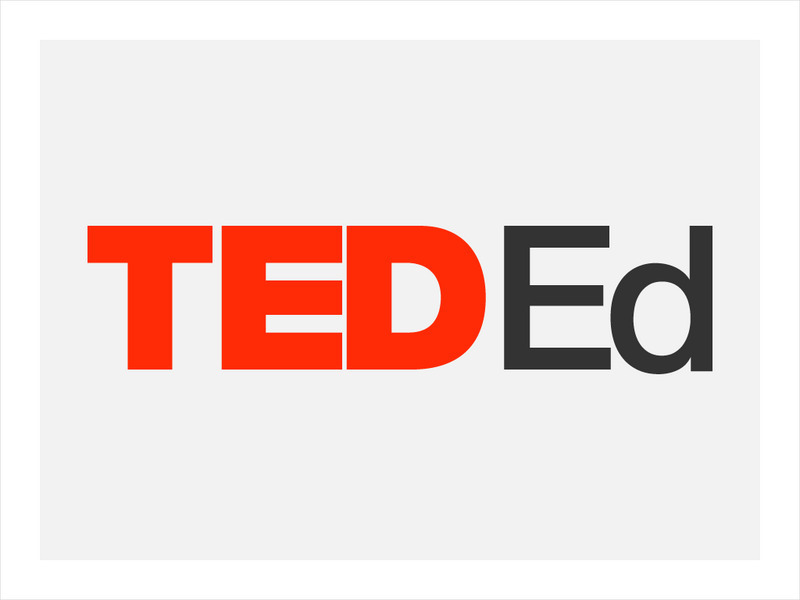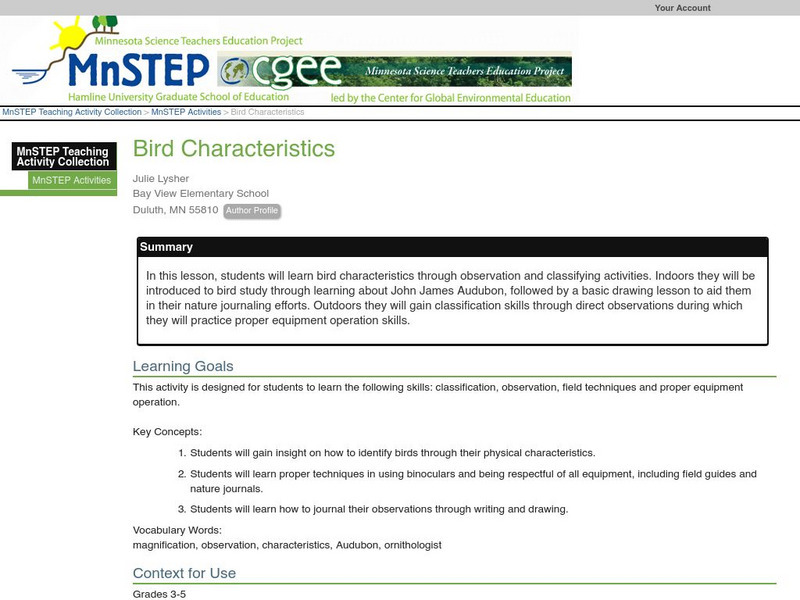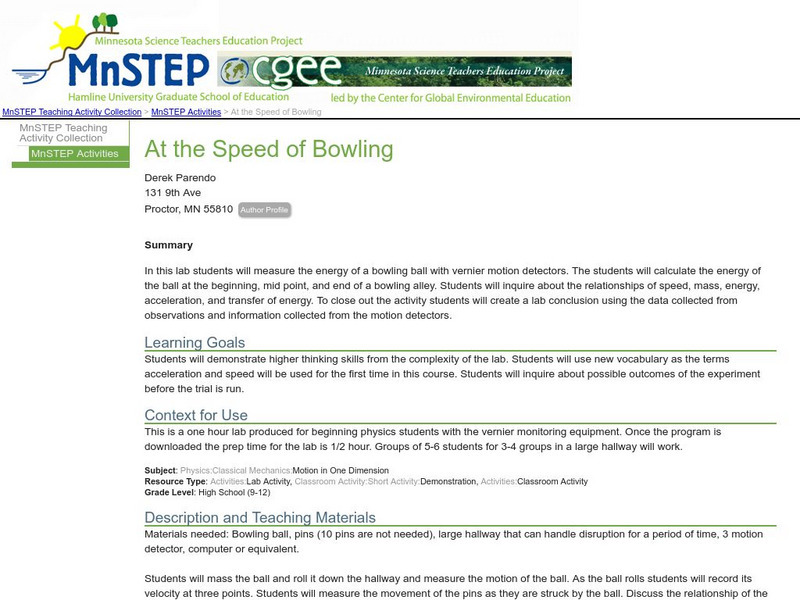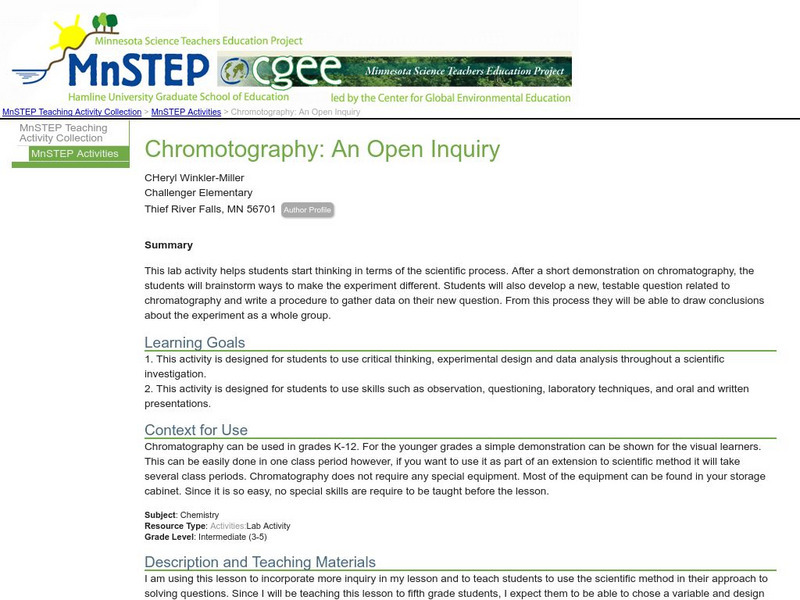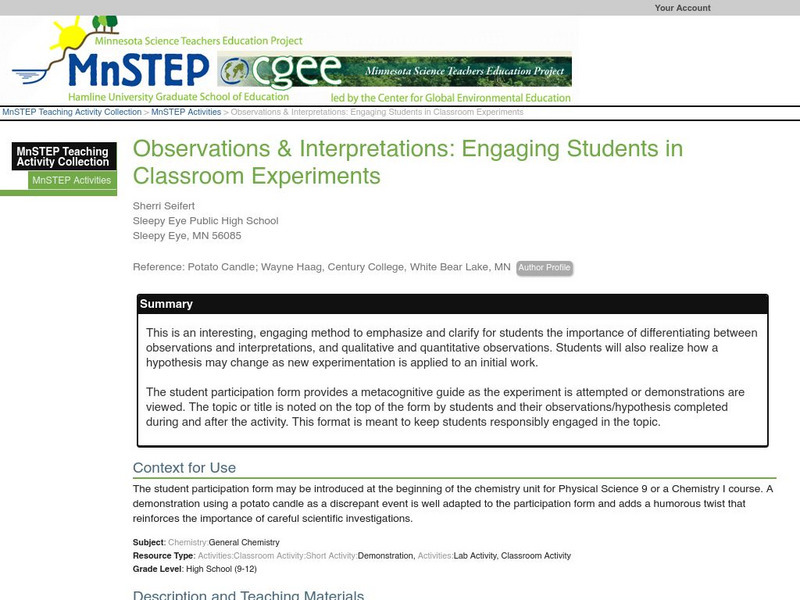BSCS Science Learning
Bscs: Frog Symphony
This inquiry focuses on analyzing spatial and temporal data for frog calls to determine the best time of day and location to hear a symphony of frogs. Click on the link for teaching guides and handouts.
BSCS Science Learning
Bscs: Frog Eat Frog World
Using maps and graphs of large data sets collected in FrogWatch, students will determine the range, preferred land cover, and proximity to water of the American bullfrog to figure out the bullfrog's requirements for food, water, and...
BSCS Science Learning
Bscs: Chesapeake Bay Algal Blooms
In this inquiry, students engage with mapping data to determine what kind of land coverage is contributing the most to harmful algal blooms in the Chesapeake Bay Watershed. Click on the link for teacher resources for teaching guides and...
BSCS Science Learning
Bscs: Budburst Lilac Festival
In this Inquiry, students predict the best date to host a lilac blossom festival so that lilacs are in full bloom in the city where students live. Students are introduced to Project Budburst, a citizen science project in which volunteers...
BSCS Science Learning
Bscs: Asking and Answering Questions With Data
This inquiry is intended to provide students with practice developing investigable questions that need data, and specifically large datasets, to be answered. Click the teacher resources link for teaching guides and student handouts.
BSCS Science Learning
Bscs: Globe at Night Dark Skies
In this inquiry, students predict the best place to stargaze in Arizona based on the brightness of the night sky. Students are introduced to the concept of light pollution and Globe at Night, a global citizen science project in which...
BSCS Science Learning
Bscs: Stocking Rivers With Trout
This inquiry looks at fish farming and the management of trout by state environmental resource specialists in Colorado. Students will practice working with data generated from a statewide citizen science project called River Watch of...
BSCS Science Learning
Bscs: Heavy Metals in Waterways
This inquiry focuses on heavy metals in waterways in Colorado. Learners will learn about heavy metals and data collected about them from citizen scientists, and then analyze the data in tables and maps to identify possible evidence of...
Other
Bscs: Stocking Rivers With Trout
In this self-directed lesson, students use data from a Colorado citizen science program to make recommendations on the best waterways for stocking trout. A handout with everything the student needs to complete this lesson is available as...
Other
Bscs: Globe at Night Dark Skies
In this self-directed activity, students investigate what contributes to light pollution using data from locations around the globe. A handout with everything the student needs to complete this activity is available as a PDF or Google...
Other
Bscs: Restoring Oyster Reefs
In this self-directed lesson plan, students use data from the Chesapeake Bay estuary to determine suitable sites for oyster reef restoration. A handout with everything the student needs to complete this lesson plan is available as a PDF...
Other
Bscs: Frog Symphony
For this self-directed lesson, students use maps and graphs of data to investigate the habitats and time of year and day to hear a full chorus of frogs. A handout with everything the student needs to complete this lesson is available as...
Other
Bscs: Frog Eat Frog World
In this self-directed lesson, students will use maps and Frogwatch data to explore the natural and invasive range of the American bullfrog. A handout with everything the student needs to complete this lesson is available as a PDF or...
Other
Bscs: Budburst Lilac Festival
In this self-directed activity, students use graphs and maps of lilac phenology data to determine the best time to host a lilac blossom festival in their area. A handout with everything the student needs to complete this lesson is...
Other
Bscs: Asking and Answering Questions With Data
In this self-directed lesson, students use graphs and maps of water quality to investigate relationships between variables to answer questions. A handout with everything the student needs to complete this lesson is available as a PDF or...
PBS
Pbs Learning Media: Back to School: Activity Starters: Hero Elementary
Be deliberate when inviting your student to watch a PBS KIDS show. These resources can help by adding meaningful conversation and easy activities to their experience watching Hero Elementary.
Library of Congress
Loc: Everyday Mysteries Fun Science Facts
This resource is hosted by the Science and Technology Research Center of the Library of Congress. You are able to search the site to find answers to your science questions. The database of answers is composed of all questions asked of...
TED Talks
Ted: Ted Ed: How Simple Ideas Lead to Scientific Discoveries
Educator, Adam Savage, shares two astounding examples of profound scientific discoveries that came from simple, creative procedures: Eratosthenes' calculation of the Earth's circumference and Hippolyte Fizeau's measurement of the speed...
Science Education Resource Center at Carleton College
Serc: Bird Characteristics
In this lesson, students will learn bird characteristics through observation and classifying activities. Indoors they will be introduced to bird study through learning about John James Audubon, followed by a basic drawing lesson to aid...
Science Education Resource Center at Carleton College
Serc: At the Speed of Bowling
In this lab students will measure the energy of a bowling ball with vernier motion detectors. The students will calculate the energy of the ball at the beginning, mid point, and end of a bowling alley. Students will inquire about the...
Science Education Resource Center at Carleton College
Serc: Eggs and the Equinox
In this guided inquiry activity, learners work to address the myth, "Eggs will balance on end on the equinox." Students to come up with their own procedure to test this question and perform the experiment.
Science Education Resource Center at Carleton College
Serc: Balloon Rockets in 1 D
For this inquiry activity, students solve a 1D motion challenge in groups. Students build their own balloon rocket from the materials provided with little guidance from the instructor. They collect data and use it to prepare a position...
Science Education Resource Center at Carleton College
Serc: Chromotography: An Open Inquiry
After a short demonstration on chromatography, students brainstorm ways to change the experiment, and develop a new, testable question related to chromatography.
Science Education Resource Center at Carleton College
Serc: Observations & Interpretations: Engaging Students in Classroom Experiments
Use this method to emphasize and clarify for learners the importance of differentiating between observations and interpretations, and qualitative and quantitative observations. Students will learn how a hypothesis may change as new...




